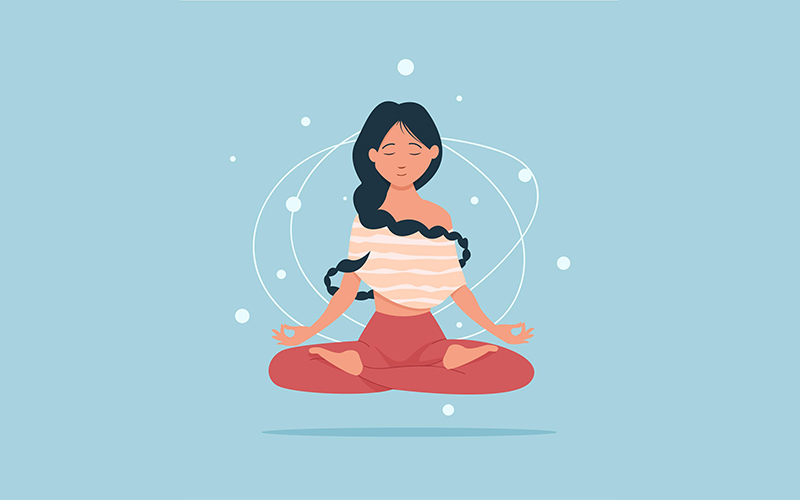Self-Care FAQ

1. What is self-care, and why is it important? Self-care encompasses activities and practices that promote physical, mental, and emotional well-being. It is important because it helps individuals manage stress, prevent burnout, enhance resilience, and maintain overall health and quality of life.
2. What are some examples of self-care activities? Self-care activities can vary widely and include things like exercise, meditation, spending time in nature, journaling, practicing gratitude, engaging in hobbies, setting boundaries, getting enough sleep, and seeking social support.
3. How can I prioritize self-care when I have a busy schedule? Prioritizing self-care requires intentional planning and time management. Start by identifying activities that rejuvenate you and scheduling them into your routine. It may also involve delegating tasks, saying no to non-essential commitments, and recognizing that self-care is essential for overall well-being.
4. Is self-care selfish? Self-care is not selfish; it is a necessary aspect of maintaining health and functioning optimally. Taking care of oneself enables individuals to better care for others and fulfill responsibilities effectively. It's about finding balance and recognizing that self-care is a vital part of overall wellness.
5. How can self-care help with mental health challenges like anxiety or depression? Self-care practices can be valuable tools for managing mental health challenges. Activities such as mindfulness meditation, exercise, adequate sleep, and seeking therapy or counseling can reduce stress, improve mood, increase resilience, and enhance overall mental well-being.
6. What should I do if I struggle to stick to my self-care routine? If maintaining a self-care routine is challenging, it's important to reassess your approach. Start with small, manageable steps, set realistic goals, be flexible, and adapt your routine as needed. Seek support from friends, family, or a mental health professional if you need guidance or accountability.
7. Can self-care include seeking professional help? Absolutely. Seeking professional help, such as therapy or counseling, is a form of self-care. It demonstrates a proactive approach to addressing mental health concerns, gaining insights, learning coping strategies, and improving overall well-being.
8. How can I incorporate self-care into my workplace or daily routine? Incorporating self-care into your workplace or daily routine involves identifying opportunities for self-care throughout the day. This could include taking short breaks to stretch or breathe deeply, practicing mindfulness during tasks, creating a calming workspace, and setting boundaries to prevent overwork.
9. What are the signs that I need to prioritize self-care more? Signs that you may need to prioritize self-care more include feeling constantly stressed or overwhelmed, experiencing physical symptoms like fatigue or headaches, having difficulty concentrating, feeling irritable or anxious, and noticing a decline in overall well-being and satisfaction with life.
10. Is self-care only for times of stress, or should it be a regular practice? Self-care should be a regular practice rather than something done only in times of stress. Consistent self-care routines help build resilience, prevent burnout, and promote long-term well-being. It's important to prioritize self-care as part of a healthy lifestyle, regardless of current stress levels.







